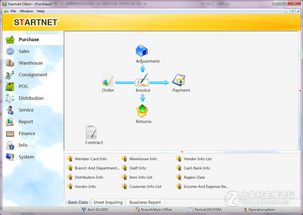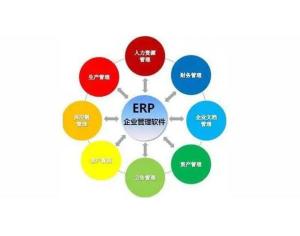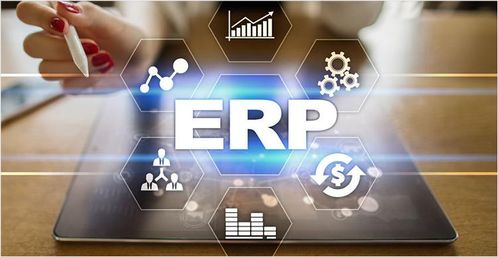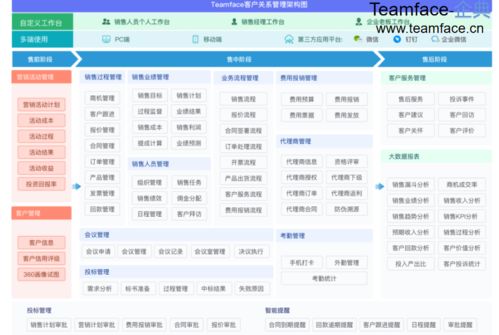
erp系统英文,Introduction to ERP Systems
时间:2024-11-05 来源:网络 人气:
Introduction to ERP Systems

The Enterprise Resource Planning (ERP) system has become an indispensable tool for modern businesses, offering a comprehensive solution for managing various aspects of an organization. This article delves into the basics of ERP systems, their significance, and how they contribute to the efficiency and effectiveness of businesses.
What is an ERP System?

An ERP system is a software application that integrates various business processes into a single, unified platform. It encompasses a wide range of functions, including finance, human resources, supply chain management, customer relationship management, and more. By consolidating these processes, ERP systems streamline operations, reduce costs, and enhance decision-making capabilities.
Key Features of ERP Systems

The following are some of the key features that make ERP systems a powerful tool for businesses:
Integration: ERP systems integrate various departments and functions, ensuring that information is shared and accessible across the organization.
Modularity: These systems are modular, allowing businesses to add or remove modules as their needs evolve.
Customization: ERP systems can be customized to meet the specific requirements of a business.
Scalability: They are designed to grow with the business, accommodating increased data volume and user numbers.
Reporting and Analytics: ERP systems provide real-time reporting and analytics, enabling businesses to make informed decisions.
The Benefits of ERP Systems

Implementing an ERP system can bring numerous benefits to a business, including:
Improved Efficiency: By automating routine tasks, ERP systems free up employees to focus on more strategic activities.
Cost Reduction: Streamlined processes and reduced manual labor can lead to significant cost savings.
Enhanced Decision-Making: Access to real-time data and analytics enables better decision-making.
Increased Collaboration: ERP systems facilitate collaboration among different departments and teams.
Improved Customer Satisfaction: By optimizing operations, businesses can provide better service to their customers.
The Challenges of Implementing an ERP System

While ERP systems offer numerous benefits, implementing one can be a complex and challenging process. Some of the challenges include:
Complexity: ERP systems are complex and require a significant investment of time and resources to implement.
Change Management: Transitioning to an ERP system often requires significant changes in processes and culture.
Customization: Customizing an ERP system to meet specific business needs can be time-consuming and expensive.
Training: Employees need to be trained on how to use the new system, which can be a significant undertaking.
The Future of ERP Systems

As technology continues to evolve, ERP systems are also adapting to meet the changing needs of businesses. Some of the trends shaping the future of ERP systems include:
Cloud Computing: More businesses are moving to cloud-based ERP systems for scalability, flexibility, and cost savings.
Artificial Intelligence (AI): AI is being integrated into ERP systems to provide predictive analytics and automate routine tasks.
Mobile Access: ERP systems are becoming more accessible through mobile devices, allowing employees to access information on the go.
Conclusion

In conclusion, ERP systems play a crucial role in the modern business landscape. By integrating various business processes and providing real-time data and analytics, ERP systems help businesses improve efficiency, reduce costs, and make informed decisions. As technology continues to evolve, ERP systems will continue to adapt, offering even more value to businesses worldwide.
相关推荐
教程资讯
教程资讯排行













